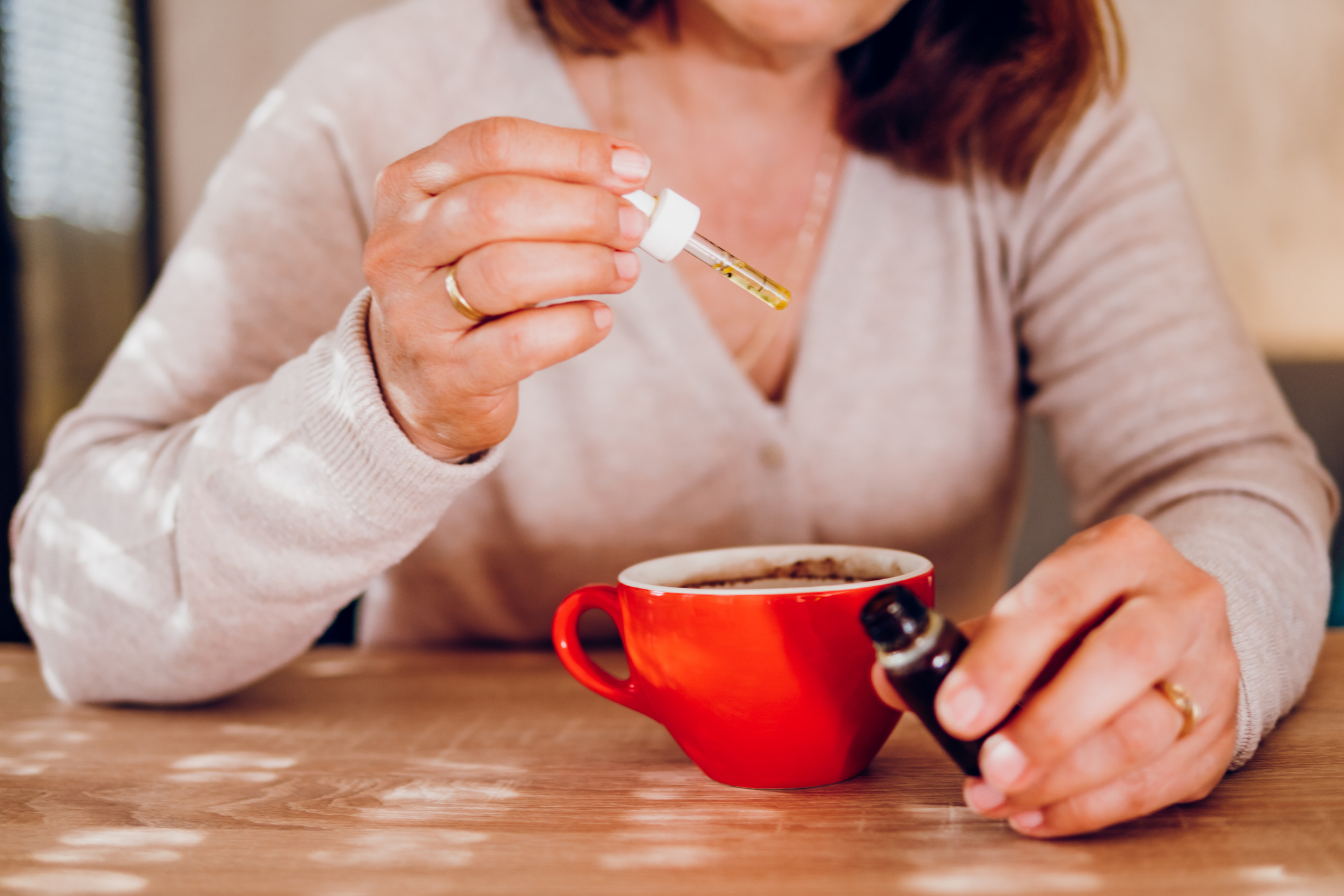The Baby Boomers are aging, but they are of a very different generation than their parents who were known as the stoic Silent Generation. Not only are older adults working longer, and enjoying greater longevity, but with the legalization of recreational marijuana use, a rapidly growing number of seniors over 65 are using cannabis – often to manage pain and improve sleep rather than to get high.
According to a recent U.S. federal survey on drug use, more than half of the 60 to 64 age group reported cannabis use in 2019. And according to The Hill, the proportion of American seniors over 65 who have used marijuana has nearly tripled in a decade from 11 percent in 2009 to 32 percent in 2019. In 2021 cannabis use rose to 35 percent among older Americans; however, the pandemic lockdowns may help to explain this recent uptick in consumption.
Recreation marijuana is available in 23 states, and across Canada – subject to provincial and territorial enforcement systems and safety measures.
For older adults who came of age in the 60s and 70s, during a time of widespread experimentation with psychotropic drugs, using marijuana to relax, improve sleep, and relieve pain is more widely accepted. Still, younger adults under 25 are far more likely to report regular cannabis use. Researchers suspect, however, that older adults may be less apt to honestly report marijuana use and frequency on surveys.
Older cannabis users are also more likely to consume edibles, tinctures, capsules or balms than younger adults who tend to lean towards vaping or smoking. Although seniors often report pain relief and better sleep with cannabis use, there is little data available to fully understand the risks. Seniors who take multiple medications to manage chronic illness may be at risk for drug interactions, and because older adults may not metabolize cannabis as well as younger adults, could be at risk for falls or other accidents and injuries.
To learn more about cannabis use among older adults, its health risks, benefits, and dosage recommendations, follow this link to the Canadian Centre on Substance Use and Addiction. Talk with your healthcare provider if you are considering using cannabis for medical or recreational purposes.






Add Your Voice
0 Comments
Join the Discussion